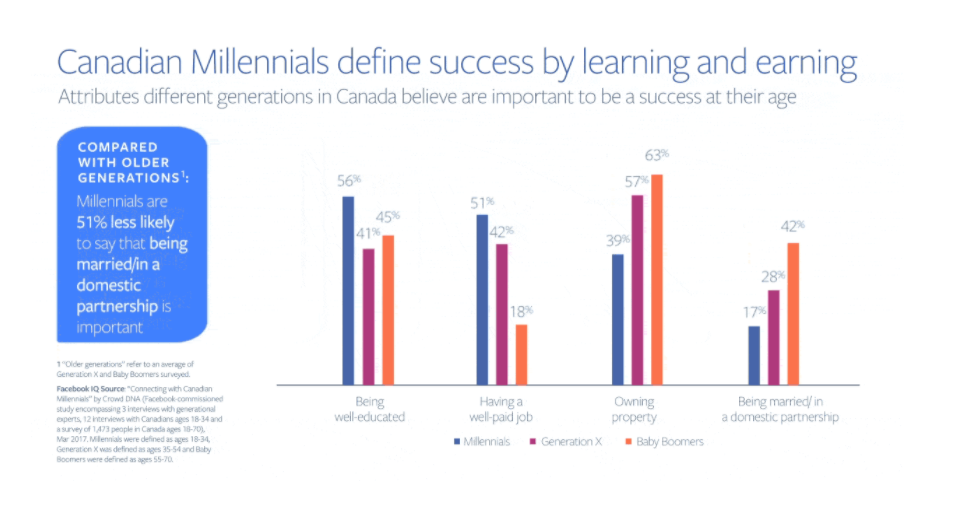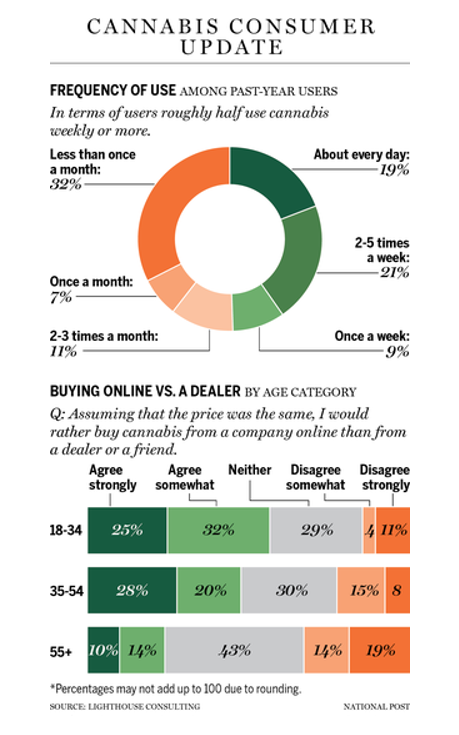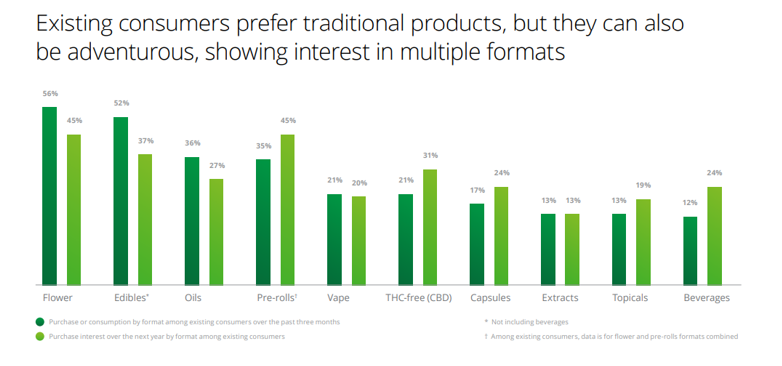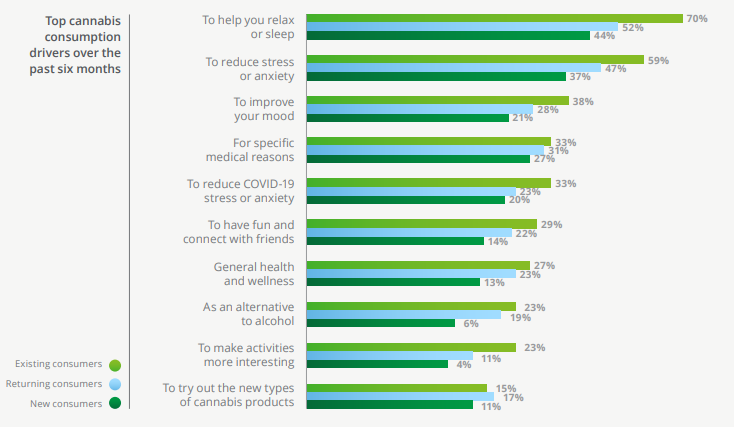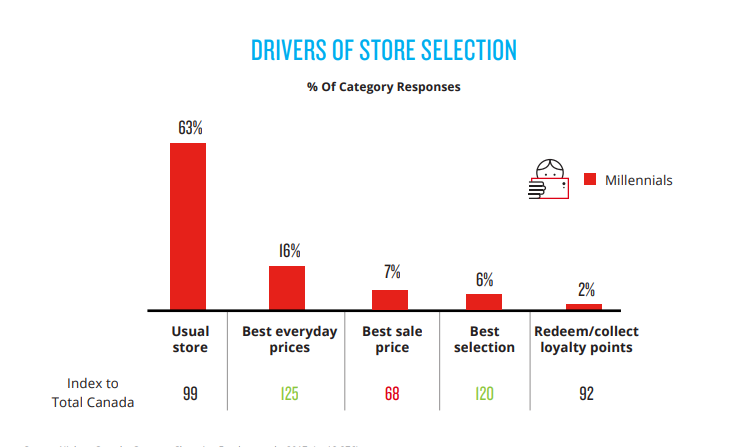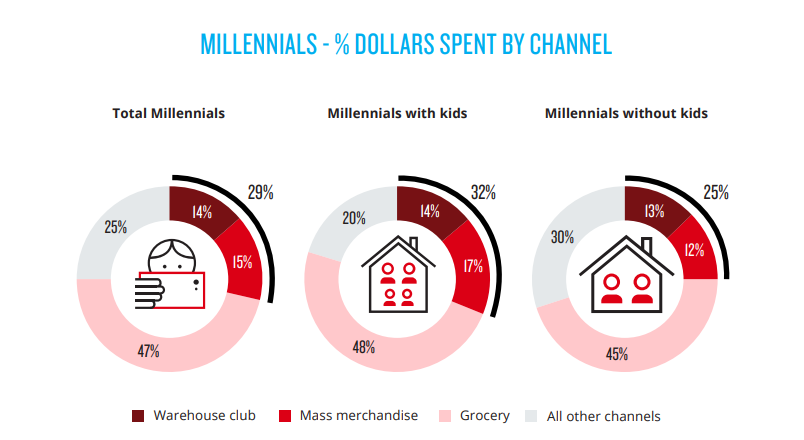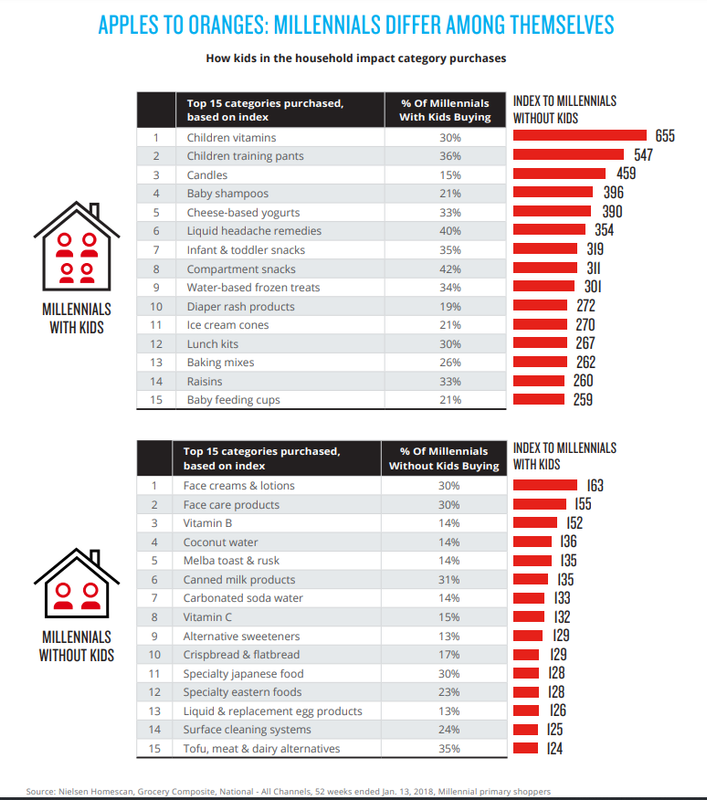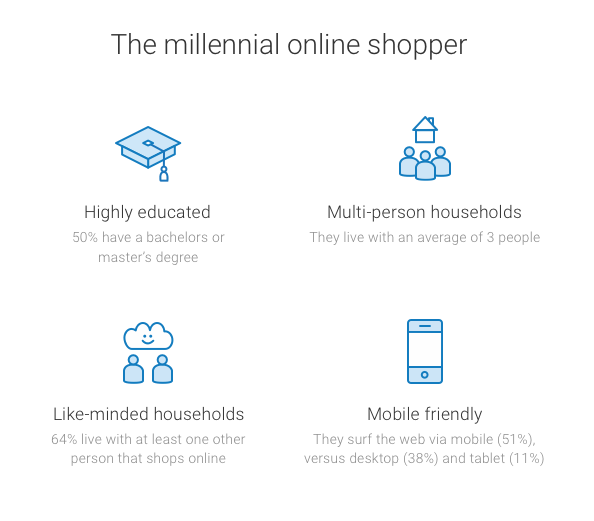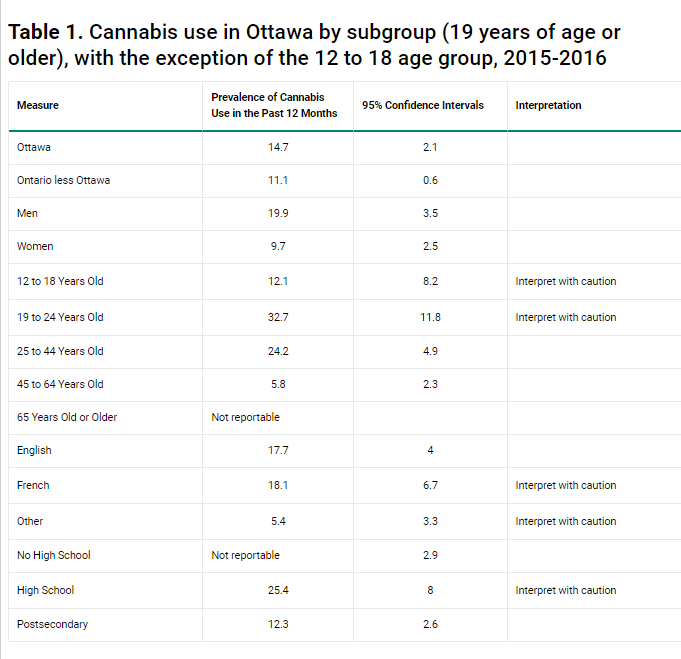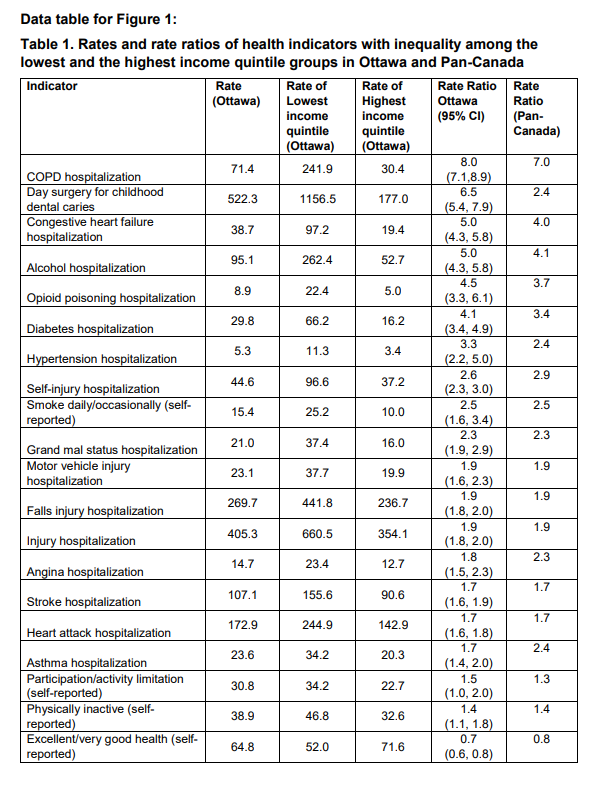Part
01
of one
Part
01
Cannabis Retailer Scorecard: Ottawa / Orleans (2)
Key Takeaways
- According to Ottawa Public Health's most current survey (2016), 15% of the residents of Ottawa aged 19 and older were current smokers. "This estimate was significantly lower than Ontario-less-Ottawa (17%)."
- According to Ottawa Public Health's most current estimates (2016), 84% of the population 19 years an older drank alcohol in the past year.
- According to Ottawa Public Health's most current figures (2016), 15% of those 19 and older have used cannabis in the past 12 months.
Introduction
A comprehensive combined psychographic profile of residents of Orleans and Ottawa in Canada has been provided in the below research.
Psychographics are generally based on large demographic groups. In this case, Ottawa is significantly larger and Orleans is suburb of Ottawa. Due to Orleans being a part of Ottawa, their government statistics are contained within Ottawa's statistics. Therefore, it is impossible to break a psychographic down on such a granular level. When looking beyond government and health databases to more general searches, when one searches for Orleans, they are presented with results for Ottawa. Therefore, Ottawa is the most logical proxy for Orleans, instead of expanding further into Ontario, as in the original research.
To present the most robust psychographic possible, research focused on providing an expanded psychographic for Ottawa, since there is no Orleans specific information. Since the average consumer, as taken from the demographics, is a Millennial that is married and college education, research also focused on psychographics that dealt with Millennials in Canada. Marketing research, which provides much of the behavioral characteristics in a psychographic focuses on a much larger demographic than the government does, which makes sense, because they are focused on making a profit. Therefore, behavioral statistics like beliefs, spending, and hobbies are for Canadian Millennials, since this is the best group to use as a proxy for the Ottawan Millennial.
Ottawa
Demographics Used
To develop a psychographic profile, an average individual was developed that represented Ottawa from demographics compiled of completed Wonder research and Statistics Canada. They are as follows:
- Gender: Female
- Age: 40.1 (Millennial)
- Children: 1.9
- Marital Status: Married
- Education: University certificate, diploma, or degree at Bachelor level or above
- Income: $85,981
Orleans
Demographics Used
To develop a psychographic profile, an average individual was developed that represented Orleans from demographics compiled of completed Wonder research and Statistics Canada. They are as follows:
- Gender: Female
- Age: 39.5 (Millennial)
- Children: 1.9
- Marital Status: Married
- Education: University certificate, diploma, or degree at Bachelor level or above
- Income: $89,882
Psychographics
Beliefs/Values
- 66% of Ottawa residents reported a strong sense of belonging to their local community.
- The community, overall is charitable, with an average of $973 per active donor per year. 54% of residents donated for a charitable cause.
- More than half of Canadians are Christians, and 29% are unaffiliated, according to Pew Research. 64% stated that research had a less important role in their life than it did 20 years ago.
- According to Ipsos, Millennials want to feel like they are unique and appreciate personalized communications.
- 81% are proud to be Canadian because it is multiculturally diverse. 76% state that it is accepting, and 69% cited how compassionate their country was.
- The Canadian Millennial is, for the most part, socially conscious and appreciates when a brand takes a stand.
- 49% of Canadian Millennial cannabis users buy brands that show others they are successful, compared to 40% of non partakers.
- This group defines success by learning and earning:
Media Habits
- More than 33% reported in an Ipsos Quebec survey of all Canadians that they had purchased something using their mobile phone in the last month.
- 46% of Millennials in Canada will use an ad blocker.
- 91% read business reviews online.
- Canadian Millennials that consume cannabis are far more tech-forward than Millennials who do not partake. "They are more likely to use smart watches, smart speakers, and mobile wallets. And they're more involved in digital media like social networks and online streaming services."
Spending- Cannabis
- Millennials are the largest consumer base of cannabis. When it comes to selecting their products they are highly educated when it comes to what they want and consider cannabis to be a wellness product.
- They appreciate an experience and cannabis shopping is no exception. 40% state that bud tender recommendations were influential in their purchases.
- Half of Canadian cannabis smokers spend $100 a week, on average.
- 54%, according to Deloitte, purchase from legal sources, but the graph below shows a strong preference for buying from a dealer or a friend:
- For those that do buy from a friend or a dealer, they do so because it is cheaper (76%), more convenient (37%), better quality (32%), more trusted (32%), and more options (21%).
- Dried flower (56%) and edibles (52%) are the most popular options for the Canadian Millennial that consumes cannabis.
Spending
- Over 66% of Millennials in Canada will spend more on traveling than they do on exercise, wellness, health, or clothing.
- They spend approximately $55.45 per shopping trip. This is $7 more than the Canadian average.
- This group spends more than other Canadians on comfort purchases like clothing, steaming services and going out to eat.
Hobbies / Leisure Activities
- 55% of Millennial Canadian cannabis consumers keep up with the latest food trends.
- Some things that the female Millennial in Canada is interested in are cooking, pop culture, and beauty. 9.8% state they go to music festivals and nightclubs. Some of her favorite brands are Sephora and Nutella.
- Males, on the other hand, "are interested in ice hockey and basketball. This signifies that they have a strong passion for sports and like to keep up with business industry trends. The Canadian Millennial male enjoys drinking Red Bull and Coors Light. Eminem, Lil Wayne, and Kanye West are their most listened to music artists which express their interest in music genres similar to hip-hop."
Alcohol Use
- In 2022 Ottawa is expected to advise their residents to drink even less than they currently do.
- In a study completed by the Ottawa Hospital Research Institute, it was discovered that rural Ontarians, like those in Ottawa, visited the ER for alcohol related incidents more often that their urban counterparts.
- According to Ottawa Public Health's most current estimates (2016), 84% of the population 19 years an older drank alcohol in the past year.
- 52% reported binge drinking in the past 12 months and 21% reported heavy drinking.
- "Heavy drinking decreased with increasing age. Young adults aged 19 to 24 years (34%) and adults aged 25 to 44 years (29%) drank more heavily than 45-64 year olds (17%) and adults 65 years and older."
- Heavy Drinking statistics:
Smoking Use
- According to Ottawa Public Health's most current survey (2016), 15% of the residents of Ottawa aged 19 and older were current smokers. "This estimate was significantly lower than Ontario-less-Ottawa (17%)."
- 10% smoke daily.
- Smoking rates are higher among those that are between the ages of 19-24 (18%), with French as a mother tongue (20%), with lower levels of education (22%), and with lower income levels (26%).
- Daily Smoking by Demographics:
- 2017 E-cigarette use in Ottawa amongst those over 19 is 12% (lifetime use), 8% (in the past 12 months), and 2% (in the past month). 42% used e-cigarettes to stop smoking. 12% used them out of curiosity.
Recreational Drug Use
- According to Ottawa Public Health's most current figures (2016), 15% of those 19 and older have used cannabis in the past 12 months.
- The methods of consumption are smoking (94%), eating in food (34%), vaporizing using a vape pen (20%), and vaporizing using a vaporizer (14%).
- "In Ottawa, 63% of those who had used cannabis in the past 12 months thought that the effects are felt more quickly when cannabis is smoked as compared to eaten (63%). This drops to 43% among those who have used cannabis in the past but haven’t used it in the past 12 months. Over half of those who have never used cannabis (58%) were not sure."
- "In Ottawa, 84% of those who had used cannabis in the past 12 months thought that smoking cigarettes was more harmful than smoking cannabis (84%). Those who used before but not in the past year were less likely to think this (62%) as were those who have never used (42%)."
- 36% of adults in Ottawa tend to get cannabis from a friend or family.
- "Just over a third of Ottawa residents (36%) who used cannabis in the past year report using it weekly or more, 19% use it between 1 to 3 times a month and 44% report using it less than once a month."
- 2017 data indicated that 26% of adults in Ottawa have used a water pipe at some point to smoke either tobacco or a non-tobbaco herbal product.
- According to the Canadian Centre on Subtance Use and Addiction, of all Canadian adults 25+, Cannabis is the most popular recreational drug (2017).
- According to Statistics Canada, those in the 18-24 age group consumed the most cannabis in 2015. Please note this is the most current statistic they share.
- In an article posted by Orleans Online in 2020, that state, "it is estimated there are thousands of recreational pot users in Orléans who up until now have either purchased their favorite bud online or had to go to one of several cannabis stores downtown".
General Health
- Ottawa Public Health published health inequity trends in 2019. The following table shares data surrounding incomes and health indicators in Ottawa.
- Premature death has been decreasing steadily in Ottawa.
- The leading cause of hospitalization besides obstetrics in 2017 was mental and behavioral conditions, followed by circulatory issues, digestive conditions, injury, poisoning/overdose or other external causes, and respiratory conditions.
- 67% self rate they are in very good or excellent health.
- 91% state they are satisfied with their lives.
- The most common reported health conditions are back issues, high blood pressure, arthritis, migraine headaches, and asthma.
- 33% of adults reported they were overweight.
- 23% reported they were obese.
Research Strategy
For this research on Cannabis Retailer Scorecard: Ottawa / Orleans, we leveraged the most reputable sources of information that were available in the public domain, including Ottawa Public Health, Statistics Canada, Deloitte, and Pew Research. Please note, sources were used that were from 2016-2018 because they were the most current statistics available.
